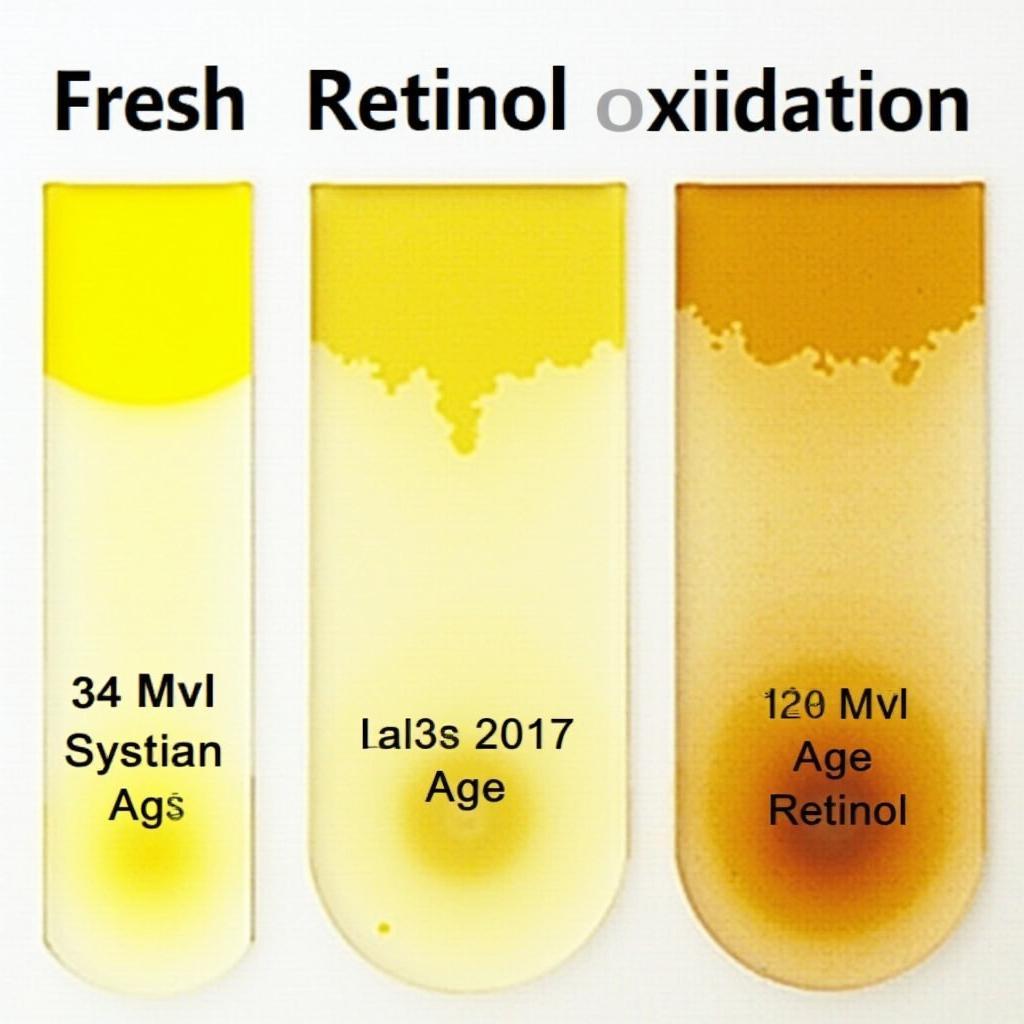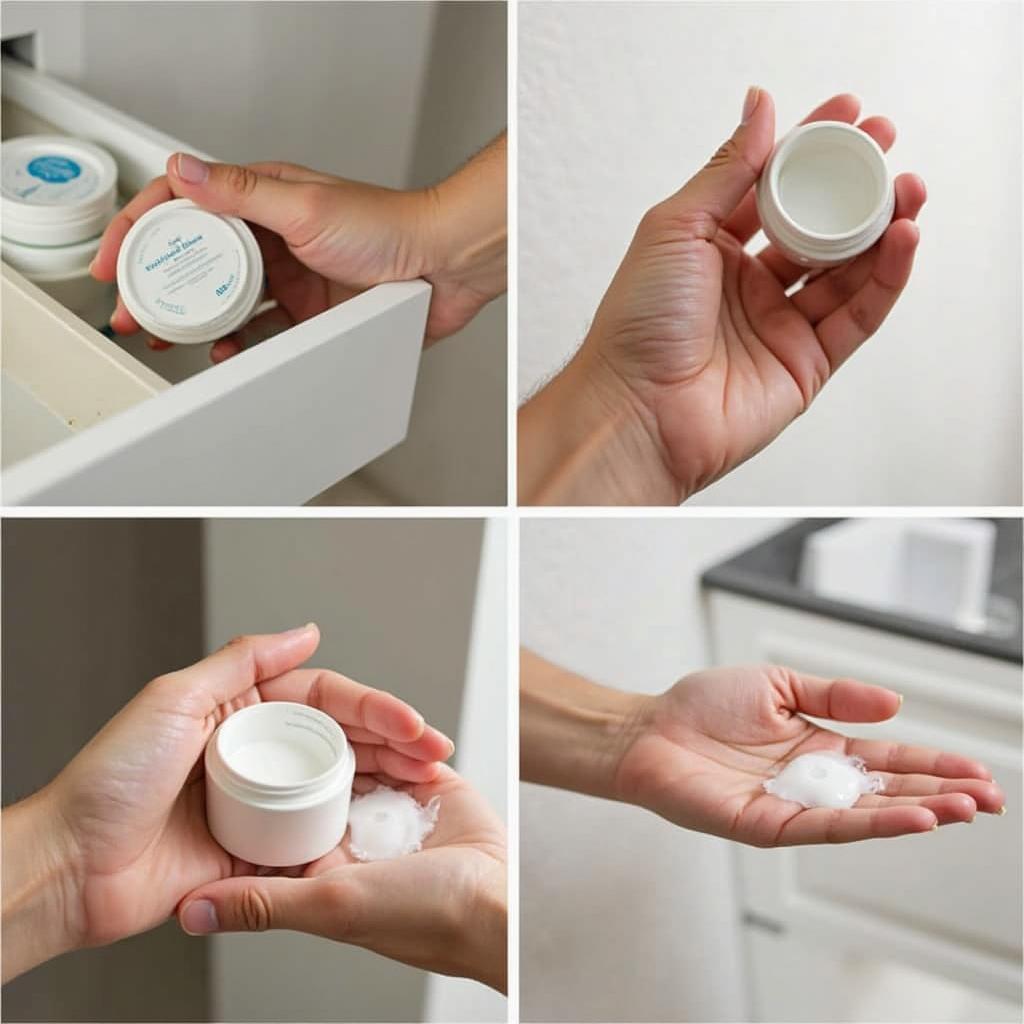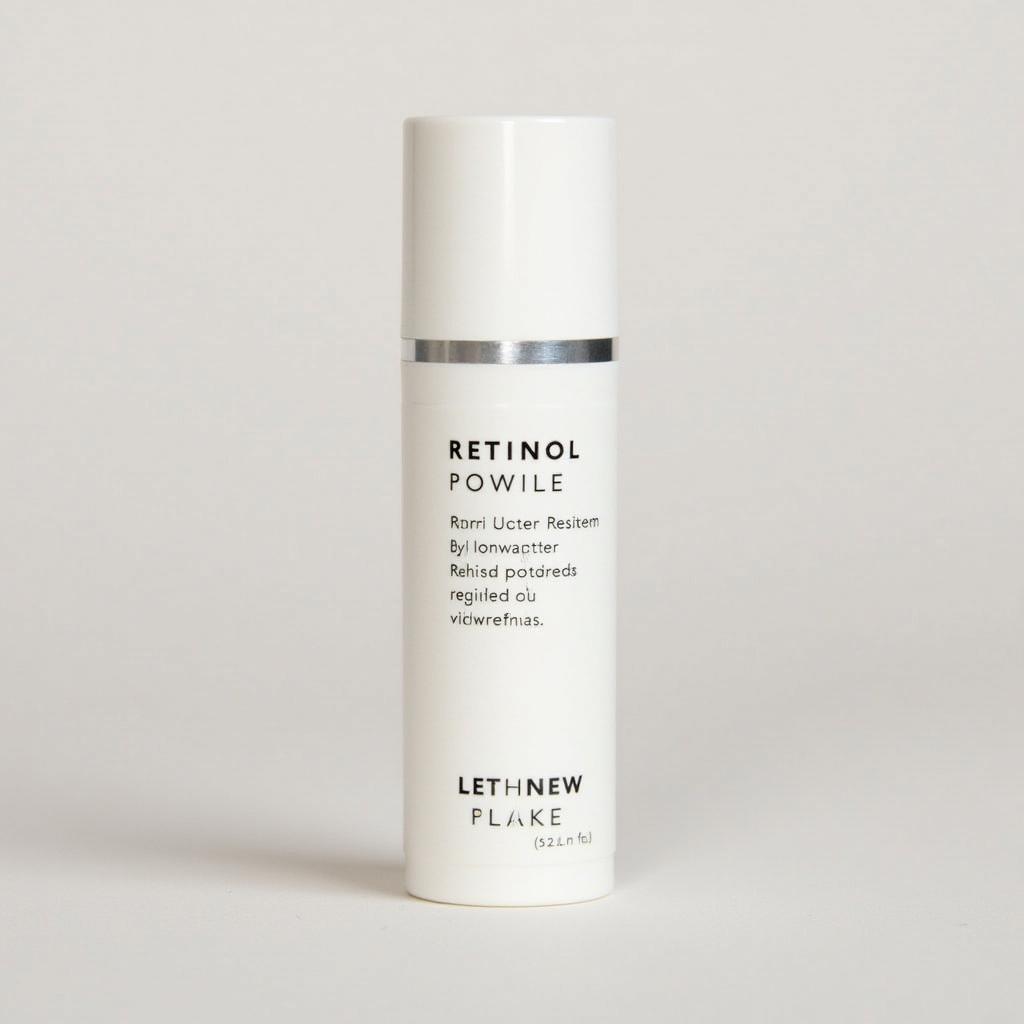
Does Retinol Go Bad? How to Tell and Extend Shelf Life
- AmazoniaSilva
- Tháng 12 28, 2024
- Zodiac signs
- 0 Comments
Does Retinol Go Bad? Yes, like any skincare product, retinol can expire and lose its effectiveness. Knowing how to identify expired retinol and how to store it properly can save you money and ensure you’re getting the most out of this powerful anti-aging ingredient.
Signs Your Retinol Has Gone Bad
Several telltale signs indicate your retinol might be past its prime. Changes in color, texture, and smell are key indicators. Yellowing is a common sign of retinol oxidation, rendering it less potent. A grainy or separated texture also suggests degradation. Finally, a rancid or unusual odor is a definite red flag. If your retinol exhibits any of these signs, it’s time to replace it.
How Long Does Retinol Last?
The shelf life of retinol varies depending on the formulation and storage conditions. Generally, unopened retinol products can last for up to two years. Once opened, however, it’s best to use the product within 3-6 months. Proper storage is crucial for maintaining its potency.
 Signs of Retinol Oxidation
Signs of Retinol Oxidation
Storing Retinol Correctly: Tips and Tricks
Storing retinol correctly is vital to preserving its effectiveness. Keep it in a cool, dark, and dry place, away from direct sunlight and heat. Avoid storing it in the bathroom, as the humidity and temperature fluctuations can accelerate degradation. An airtight container is also recommended to minimize exposure to air and light.
Does Refrigeration Help Extend Retinol’s Shelf Life?
Refrigerating retinol can help extend its shelf life, especially in warmer climates. However, ensure the container is tightly sealed to prevent condensation, which can introduce moisture and bacteria.
Maximizing Retinol’s Potency: Best Practices
Besides proper storage, several practices can help maximize retinol’s potency. Use clean hands when applying the product to avoid contamination. Don’t mix retinol with other active ingredients like vitamin C or benzoyl peroxide, as this can reduce its effectiveness and even cause irritation. Finally, introduce retinol gradually into your skincare routine to minimize potential side effects like dryness and redness.
 Retinol Storage Best Practices
Retinol Storage Best Practices
Can You Use Expired Retinol?
While using slightly expired retinol might not be harmful, it’s unlikely to provide the desired results. The potency diminishes over time, making it less effective in addressing skin concerns like wrinkles and acne. Using expired retinol can also increase the risk of skin irritation.
“Using expired retinol is like using a dull knife – it might still cut, but not as effectively,” says Dr. Amelia Hayes, a board-certified dermatologist. “Investing in fresh retinol ensures optimal results and minimizes the risk of irritation.”
When to Replace Your Retinol
If you notice any signs of degradation or if you’ve been using the product for longer than the recommended timeframe, it’s time to replace your retinol. Don’t wait until it becomes completely ineffective or causes adverse reactions.
 Fresh Retinol Packaging
Fresh Retinol Packaging
Conclusion
Does retinol go bad? Absolutely. Understanding the signs of expiration and following proper storage practices can help you maintain its potency and get the most out of your retinol product. By following the tips outlined in this article, you can ensure you’re always using fresh, effective retinol for optimal skin health.
FAQ
-
How can I tell if my retinol has gone bad? Look for changes in color (yellowing), texture (grainy or separated), and smell (rancid).
-
How long does retinol last once opened? Generally, 3-6 months.
-
Where should I store my retinol? In a cool, dark, and dry place away from direct sunlight and heat.
-
Can I refrigerate retinol? Yes, but ensure the container is tightly sealed to prevent condensation.
-
Can I use expired retinol? It’s not recommended, as the potency decreases over time.
-
What happens if I use expired retinol? You might not see the desired results and may experience skin irritation.
-
How often should I replace my retinol? Replace it if you notice any signs of degradation or if it’s past the recommended timeframe.
For further assistance, please contact us at [email protected] or visit our office at Fifth Avenue, 34th Floor, New York, NY 10118, USA. We have a 24/7 customer support team ready to help. Check out our other helpful articles on retinol and skincare on our website.